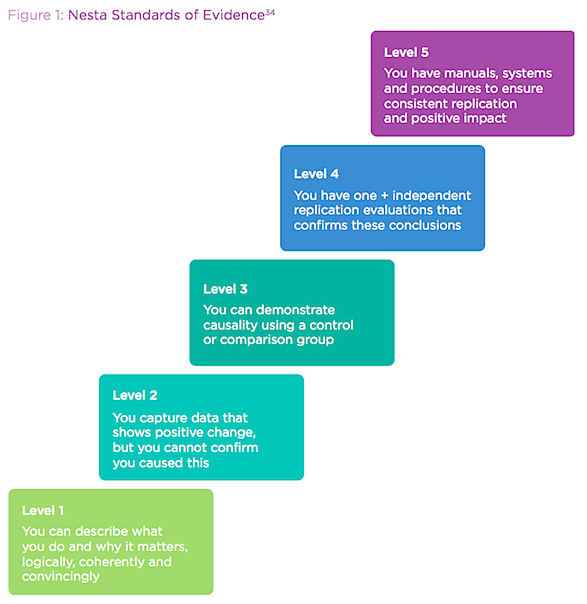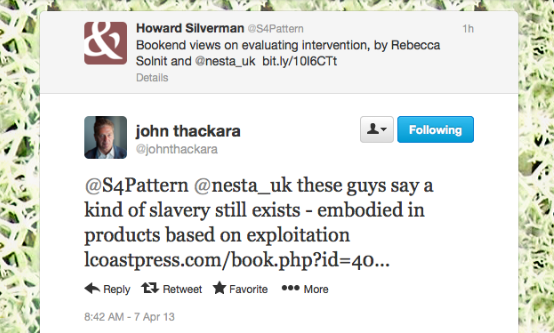“Activism is not a journey to the corner store; it is a plunge into the dark” — Rebecca Solnit, writing in the spring of 2003, after massive global demonstrations had failed to stop the war in Iraq.
Last week at the annual PNCA Edelman Lecture, Solnit looked back from a ten-year vantage point on those events and reiterated the themes of her 2003 essay, “Acts of Hope: Challenging Empire on the World Stage”:
The world gets better. It also gets worse. The time it will take you to address this is exactly equal to your lifetime, and if you’re lucky you don’t know how long that is. The future is dark. Like night. There are probabilities and likelihoods, but there are no guarantees. …
As Adam Hochschild points out, from the time the English Quakers first took on the issue of slavery, three quarters of a century passed before it was abolished it in Europe and America. Few if any working on the issue at the beginning lived to see its conclusion, when what had once seemed impossible suddenly began to look, in retrospect, inevitable. …
Nobody knows the consequences of their actions, and history is full of small acts that changed the world in surprising ways.
Solnit’s wisdom stands in counterpoint to more tangible efforts at evaluation of systemic social interventions, which remain invaluable.
Case in point, from the UK nonprofit Nesta, a diagram that outlines five levels of evaluative evidence, from the March 2013 publication “Making Evidence Useful”:

See also: Caroline Fiennes on the Nesta evidence hierarchy.
Update: John Thackara follows up with the observation that, by other definitions, slavery has not been “abolished” — linking to the new book Cultures of Energy.


